A monologue is delivered by a single character with very few or no interruptions. Though audiences often find themselves inspired by a protagonist’s fervent, emotional tirade, they are even more intrigued when it’s the villain’s turn to shine verbally. It’s no wonder there are so many characters whom viewers love to hate, and so many awards bestowed upon scene-stealing antagonists.
Whether they are overly philosophical, a recollection of past painful events, an explosion of anger, or a cold admission of guilt, monologues given by villains are usually necessary to shed light on their not-so-obvious perspective and, when the actor is particularly charismatic, to even generate some sympathy, albeit briefly. It humanizes them.
Regardless of the effect, perhaps the viewer should be thankful when that eloquent outburst occurs at a particularly dangerous point for the hero or heroine, because it conveniently gives them or their allies enough respite to turn the tables.
Here are excerpts from quasi-interminable monologues given by some of the most devious movie characters.
15 Gordon Gekko (Wall Street)
Directed and co-written by Oliver Stone, Wall Street is a 1987 drama tackling greed, temptation, ambition, and narcissism. It stars Michael Douglas in a role that won him the Academy Award for Best Actor, Charlie Sheen, Daryl Hannah, and Martin Sheen.
Gordon Gekko (Douglas), the largest shareholder in Teldar Paper, is a power-hungry, unscrupulous entrepreneur who trades on illegal inside information, dismantles companies, and buys them back. He doesn’t care about the many lives he ruins to get to the top. During an annual stockholders meeting, he criticizes the company’s overpaid executives and tries to swing the votes his way, concluding, “I am not a destroyer of companies. I am a liberator of them! The point is, ladies and gentlemen, that greed -- for lack of a better word -- is good. Greed is right. Greed works. Greed clarifies, cuts through, and captures the essence of the evolutionary spirit. Greed, in all of its forms -- greed for life, for money, for love, knowledge -- has marked the upward surge of mankind."
14 Miranda Priestly (The Devil Wears Prada)
David Frankel’s 2006 dramedy The Devil Wears Prada stars Meryl Streep as the tyrannical, pretentious, and ruthless fashion magazine editor-in-chief Miranda Priestly, Anne Hathaway as the sweet junior assistant Andrea Sachs, Emily Blunt as the senior assistant Emily Charlton, and Stanley Tucci as the art director Nigel Kipling. Still new to the field, Andrea snorts in disbelief when an employee asks Miranda to choose between two blue belts. “Both those belts look exactly the same to me,” Andy confesses awkwardly “and I’m still learning about this stuff.” This statement sends her boss into a fit, now known as “the cerulean speech,” the gist of which is in this excerpt.
“This stuff? You think this has nothing to do with you. You go to your closet, and you select out, oh I don’t know, that lumpy blue sweater, for instance, because you’re trying to tell the world that you take yourself too seriously to care about what you put on your back. But what you don’t know is that that sweater is not just blue, it’s not turquoise, it’s not lapis, it’s actually cerulean. You’re also blindly unaware of the fact that in 2002, Oscar de la Renta did a collection of cerulean gowns. And then I think it was Yves St Laurent, wasn’t it, who showed cerulean military jackets? And then cerulean quickly showed up in the collections of eight different designers.”
13 Nina Deer (The Quiet)
The 2005 psychological thriller The Quiet is directed by Jamie Babbit and stars Camilla Belle as Dot, Elisha Cuthbert as Nina Deer, Martin Donovan as the latter’s father, Paul, and Edie Falco as the mother, Olivia. When the shy orphaned deaf-mute teenager Dot is adopted by the Deer family, Nina isn’t thrilled to have a new sister, and tries to make her life a living hell by constantly insulting and berating her. Then, Dot finds out Paul has been abusing his daughter, while Nina discovers that Dot is actually neither deaf nor mute. Now that both girls are aware of each other’s secret, Nina decides to make Dot privy to her plan to kill Paul, in a confession that covers both her psychological scars and a lot of incestuous details.
“I hated your face. Your dumb blank stare. But now that I feel like I know you again, that's all changed. It's so nice to know there's someone whose life sucks more than mine. I'm gonna kill my dad, Dot. Tonight. I hate him, you know. I hate him and I love him. I hate it when he won't let me go out with my friends, but I love it when he f**** me. I hate it when he f**** me too, though. See how that works? Doesn't make any sense.”
12 Faye Dunaway (Mommie Dearest)
Based on the book by Christina Crawford, Hollywood Golden Age's superstar Joan Crawford’s adopted daughter, Mommie Dearest is a 1981 biographical psychological movie directed by Frank Perry and starring Faye Dunaway. It centers on the infamously calculating and vicious actress who was also apparently an abusive mother and always throwing hissy fits at her daughter’s mishaps, like when she touches her makeup and jewelry. The most famous scene is when Joan goes berserk after she sees dresses suspended on wire hangers.
“No wire hangers! What’s wire hangers doing in this closet, when I told you no wire hangers?! EVER! I work till I’m half dead, and I hear people say she’s getting old! What do I get? A daughter who cares as much about a beautiful dress I give her as she cares about me. What’s wire hangers doing in this closet? I buy you beautiful dresses, and you treat ’em like some dishrag! You threw a 300-dollar dress on a wire hanger!”
11 Debbie Jellinsky (Addams Family Values)
Directed by Barry Sonnenfeld, the 1993 supernatural dark comedy Addams Family Values features Joan Cusack, one of the most underrated character TV and film actresses, as the devious and calculating serial killer Debbie Jellinsky AKA Black Widow. She has married and killed several rich men, and the beloved Uncle Fester (Christopher Lloyd) is next. She straps the entire Addams family down and attempts to justify her actions while holding a shotgun at them. She says she doesn’t mean to hurt anybody, and that she had a bad childhood; case in point, when her parents bought her a Malibu Barbie instead of a Ballerina one. Or how her first husband, a surgeon, was too busy saving lives to give her enough attention.
She continues, “Husband number 2: the senator. He loved his state. He loved his country. Sorry Debbie. No Mercedes this year. We have to set an example. Oh, yeah. Set this! My latest husband. My late, late husband Fester, and his adorable family. You took me in. You accepted me. But did any of you love me? I mean, really love me? So, I killed. So, I maimed. So, I destroyed one innocent life after another. Aren't I a human being?”
10 Amy Elliot-Dunne (Gone Girl)
In David Fincher’s 2014 psychological thriller Gone Girl, Rosamund Pike plays a psychopath who attempts to frame her husband Nick (Ben Affleck) for her presumed kidnapping and murder, as payback for his affair. Shortly after the Nick and the audience realize it was all a setup, Amy is seen driving, elated and seemingly freed from her frustrating marriage; she breaks the fourth wall with her iconic “cool girl” monologue.
“We were the happiest people we knew. And what’s the point of being together if you’re not the happiest? But Nick got lazy. He became someone I did not agree to marry. He actually expected me to love him unconditionally, then he dragged me, penniless, to the naval of this great country and found himself a newer, younger, bouncier Cool Girl. You think I’d let him destroy me and end up happier than ever? No f***ing way. He doesn’t get to win!”
9 Bill ‘The Butcher’ Cutting (Gangs of New York)
The 2002 period drama Gangs of New York, directed by Martin Scorsese, revolves around two ruthless gangs, the Irish Catholic immigrant Dead Rabbits, led by Vallon, and the Protestant Confederation of American Natives, led by William ‘Bill the Butcher’ Cutting (Daniel Day-Lewis). Bill kills Vallon and declares The Rabbits “outlaws”, and years later, his son Amsterdam (Leonardo DiCaprio) returns to avenge him, incognito, and infiltrates his gang. Bill gives him his insight into what it takes to make it in this field: instill fear in others, boasting, “Somebody steals from me, I cut off his hands. He offends me, I cut out his tongue. He rises against me, I cut off his head, stick it on a pike. Raise it high up in the streets, so all can see. That’s what preserves the order of things.”
He then goes on about his admiration for Vallon, declaring, “This was a great man. Great man. So, I cut out the eye that looked away, and sent it to him, wrapped in blue paper. I would have cut them both out, if I could have fought him blind. Then I rose back up with full heart and buried him in his own blood. He was the only man I ever killed worth remembering.”
8 Elle Driver (Kill Bill V.2)
A tribute to Spaghetti Western, grindhouse, and martial arts action flicks, Quentin Tarantino’s 2004 film Kill Bill: Volume 2 stars Uma Thurman as The Bride, Michael Madsen as Budd, David Carradine as Bill, and Daryl Hannah. The latter portrays Elle Driver AKA California Mountain Snake, a former member of the Deadly Viper Assassination Squad, who is sent by her lover Bill to his brother Budd’s trailer. Her mission is to confirm the death of The Bride and collect her sword, but she also decides to kill Budd with a black mamba. After reading to him long, chilling details about the deadly snake, she concludes, "The amount of venom that can be delivered from a single bite can be gargantuan. You know I've always liked that word, gargantuan? I so rarely have an opportunity to use it in a sentence." Then, she explains that she needs to kill him because "that woman deserved better" than to be eliminated by a "bushwhacking scrub."
7 Colonel Walter E. Kurtz (Apocalypse Now)
Francis Ford Coppola’s 1973 epic war movie Apocalypse Now is set during the Vietnam War, and focuses on the U.S. Army Special Forces Colonel Walter E. Kurtz (Marlon Brando), who has gone rogue and is causing massive casualties among NVA and PLAF forces. He attempts to justify his madness to Captain Benjamin Willard (Martin Sheen), arguing, “I’ve seen horrors, horrors that you’ve seen. But you have no right to call me a murderer. You have a right to kill me. You have a right to do that, but you have no right to judge me. It’s impossible for words to describe what is necessary to those who do not know what horror means. Horror. Horror has a face. And you must make a friend of horror. Horror and moral terror are your friends. If they are not, then they are enemies to be feared.” And then he concludes his tirade with, “You have to have men who are moral and at the same time who are able to utilize their primordial instincts to kill without feeling, without passion, without judgment. Because it’s judgment that defeats us.”
6 Calvin Candie (Django Unchained)
In Tarentino’s 2012 revisionist Western Django Unchained, Leonardo Dicaprio portrays heinous racist landlord Calvin Candie, opposite Jamie Foxx as the freed slave Django, and Christoph Waltz as the German bounty hunter Dr. Schultz. While Django and Schultz are having dinner at Candie’s plantation, the latter takes the skull of Ben, a former servant, and goes on and on about the submissiveness of slaves.
“Now right out there on that porch, three times a week for fifty years, old Ben here would shave my daddy with a straight razor. Now, if I was old Ben, I woulda cut my daddy's goddamn throat, an' it wouldn't-a taken me no fifty years of doin' neither. But he never did. Why not? See, the science of phrenology is crucial to understandin' the separation of our two species. And the skull of the African here? The area associated with submissiveness is larger than any human or any other sub-human species on planet Earth.”
5 Aileen Wuornos (Monster)
Monster is a 2003 biographical crime drama written and directed by Patty Jenkins, based on the life of Aileen Wuornos (Charlize Theron), a prostitute who killed seven of her clients. The film opens with Aileen painfully recalling happier times, when she used to dream about becoming a movie star, confessing, “As the years went by, I learned to stop sharing this with people. They said I was dreaming, but back then, I believed it wholeheartedly. So, whenever I was down, I would just escape into my mind, to my other life, where I was someone else. It was nice. And one day, it just stopped.”
4 John Milton (The Devil's Advocate)
In Taylor Hackford’s 1997 supernatural film The Devil’s Advocate, Satan (Al Pacino) passionately explains to defense attorney Kevin Lomax (Keanu Reeves), how God makes it a point to keep his distance from mortals, whereas he is much more involved and active. He dubs God “a prankster,” “a sadist,” and “an absentee landlord,” adding, “I’m here on the ground with my nose in it since the whole thing began! I’ve nurtured every sensation man has been inspired to have! I cared about what he wanted and I never judged him. Why? Because I never rejected him, in spite of all his imperfections! I’m a fan of man! I’m a humanist. Maybe the last humanist. Who, in their right mind, Kevin, could possibly deny the 20th century was entirely mine?”
3 V (V For Vendetta)
James McTeigue’s first feature, the 2005 political action film V For Vendetta, is set in a retro-futuristic London plagued by a totalitarian regime, and stars Hugo Weaving as the masked terrorist and anarchist V, and Natalie Portman as TV employee Evey Hammond. V makes quite a few inspirational comments to justify his actions, but his longest monologue is when he hijacks a TV station to call British citizens to arm for revolution, but not before criticizing them for being stuck in “the comforts of the everyday routine, the security of the familiar, the tranquility of repetition.”
“Last night, I destroyed the Old Bailey to remind this country of what it has forgotten. More than four hundred years ago, a great citizen wished to embed the fifth of November forever in our memory. His hope was to remind the world that fairness, justice and freedom are more than words - they are perspectives. So, if you've seen nothing, if the crimes of this government remain unknown to you, then I would suggest that you allow the fifth of November to pass unmarked. But if you see what I see, if you feel as I feel, and if you would seek as I seek...then I ask you to stand beside me, one year from tonight, outside the gates of Parliament.”
2 El Indio (For a Few Dollars More)
Sergio Leone’s second installment in the Dollars trilogy, For a Few Dollars More, stars Lee Van Cleef, Clint Eastwood, and Gian Maria Volonté. The latter plays the charismatic criminal El Indio. After breaking out of prison, he meets with his posse in an abandoned church, and details their next bank job in El Paso, where the safe is hidden in a wine cabinet. The reason he knows this is that the carpenter was his cellmate. Indio motivates his men and concludes with a “parable” from the church’s pulpit.
“One day, as destiny has it, the carpenter is in El Paso. He happens to walk into the bank there. And what does he find? The cabinet. Since he’d worked on the cabinet, he spotted it right away. From that day on, he couldn’t work anymore, because there was something he had to do. There was this crazy idea…and it stayed…and it stayed…to put his eyes on the money inside…getting there and grab all the money. Sure, you’d think the carpenter was lucky the way things worked out. That he was lucky to go into just that bank. It wasn’t true. His good fortune stopped that day, because later, as a prisoner, he ran into me.”
1 Colonel Hans Landa (Inglourious Basterds)
In Tarentino’s 2009 alternate Nazi war film Inglourious Basterds, Christoph Waltz plays the chilling SS Colonel Hans Landa. Suspecting that a farmer is harboring a Jewish family, he interrogates him with false civility, compares Jews to rats, and warns him he will not tolerate any lies. He then tries to motivate him to turn the fugitives over, adding, “Any information that makes the performance of my duty easier will not be met with punishment. Actually, quite the contrary. It will be met with reward. And that reward will be, your family will cease to be harassed in any way by the German military during the rest of our occupation of your country.”
Unsurprisingly, Waltz’s eloquence in the film earned him the Academy Award for Best Supporting Actor.
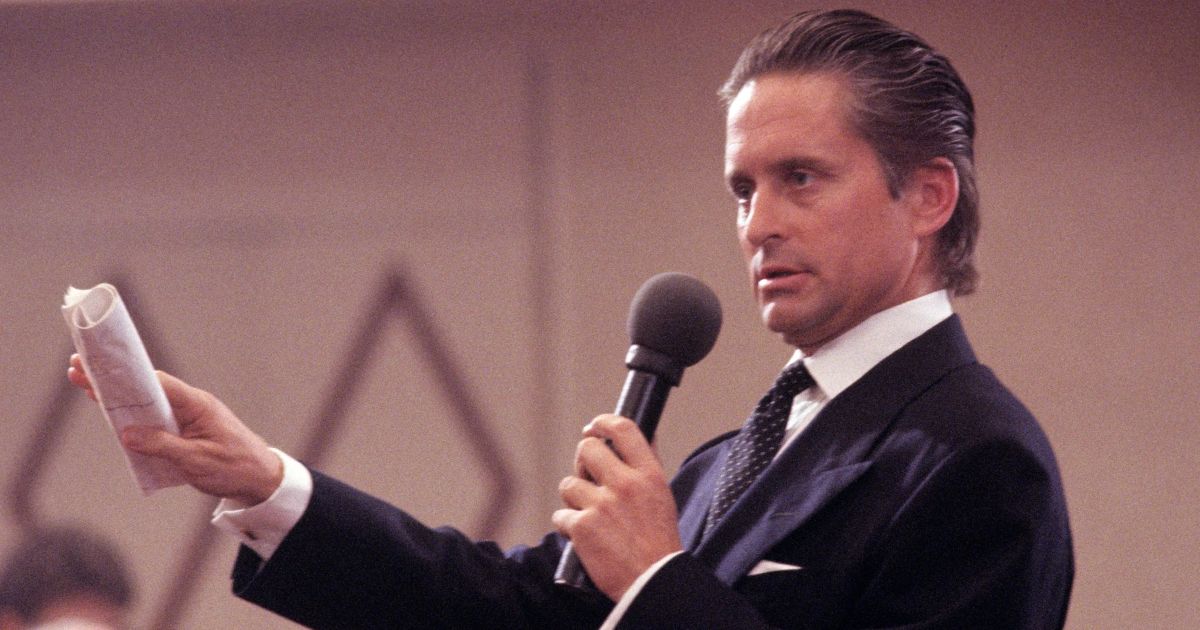
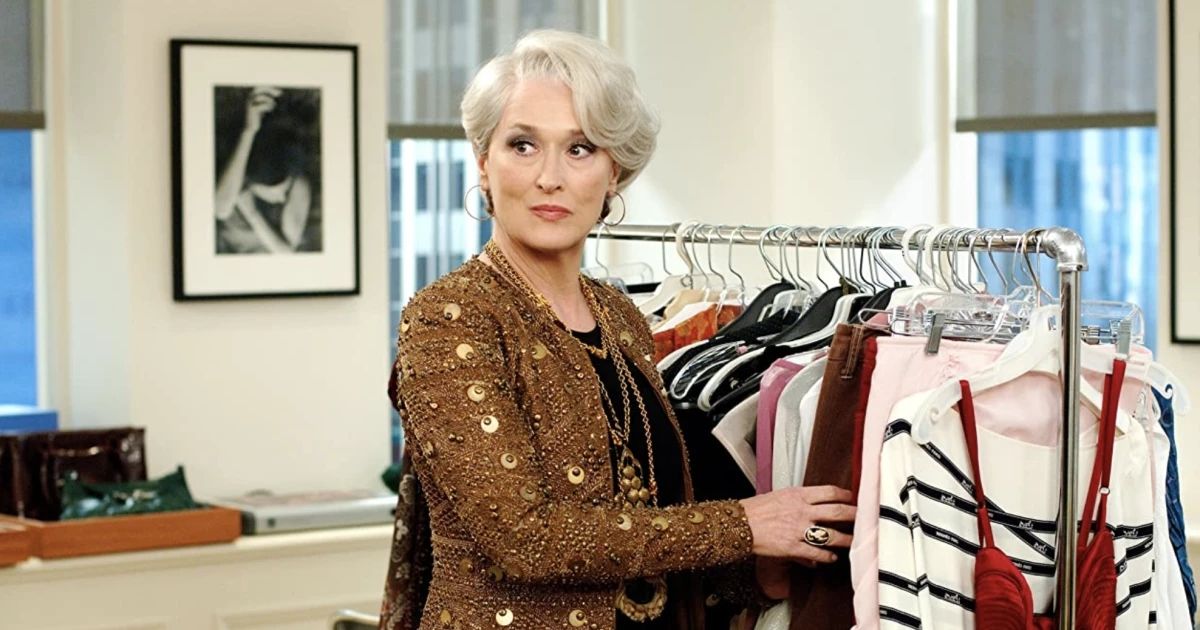


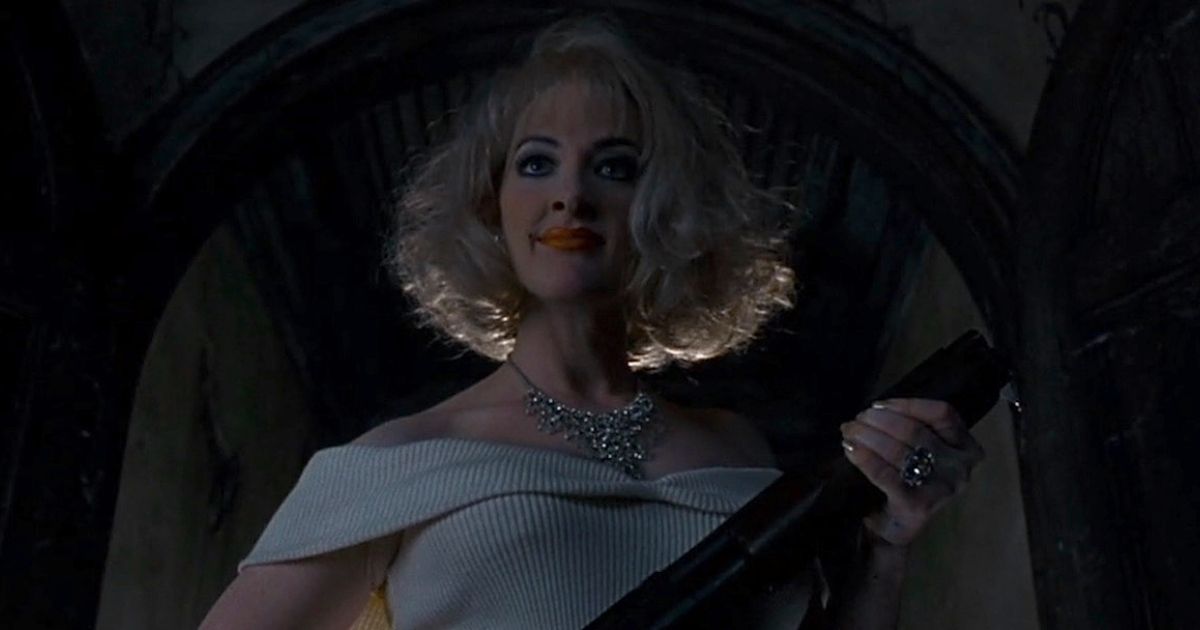
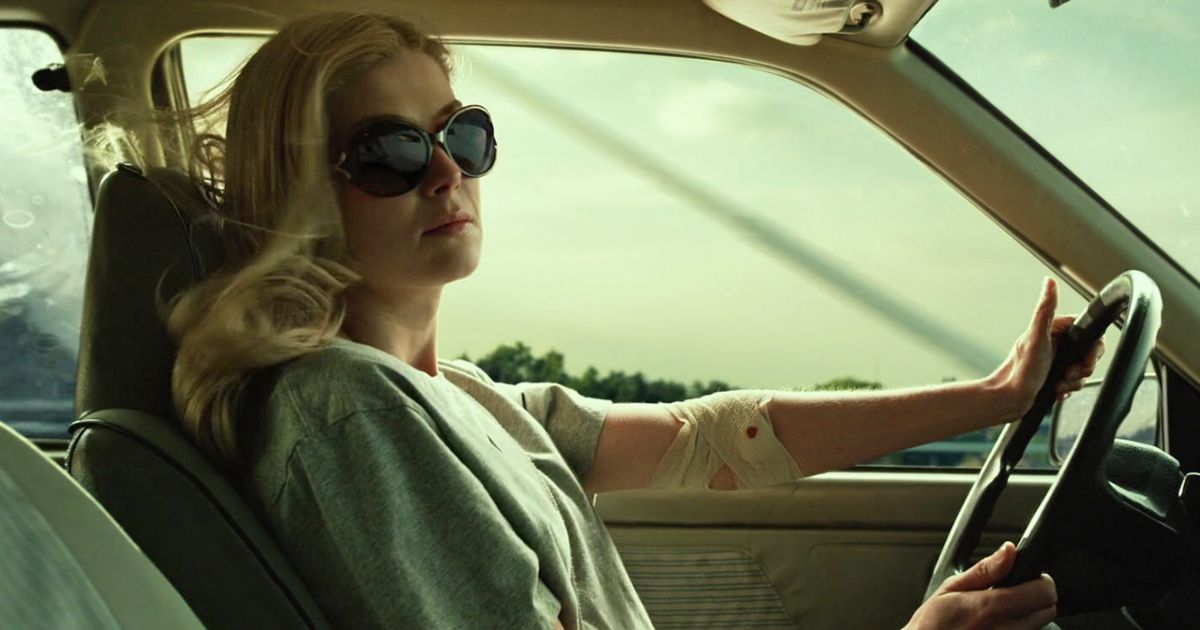
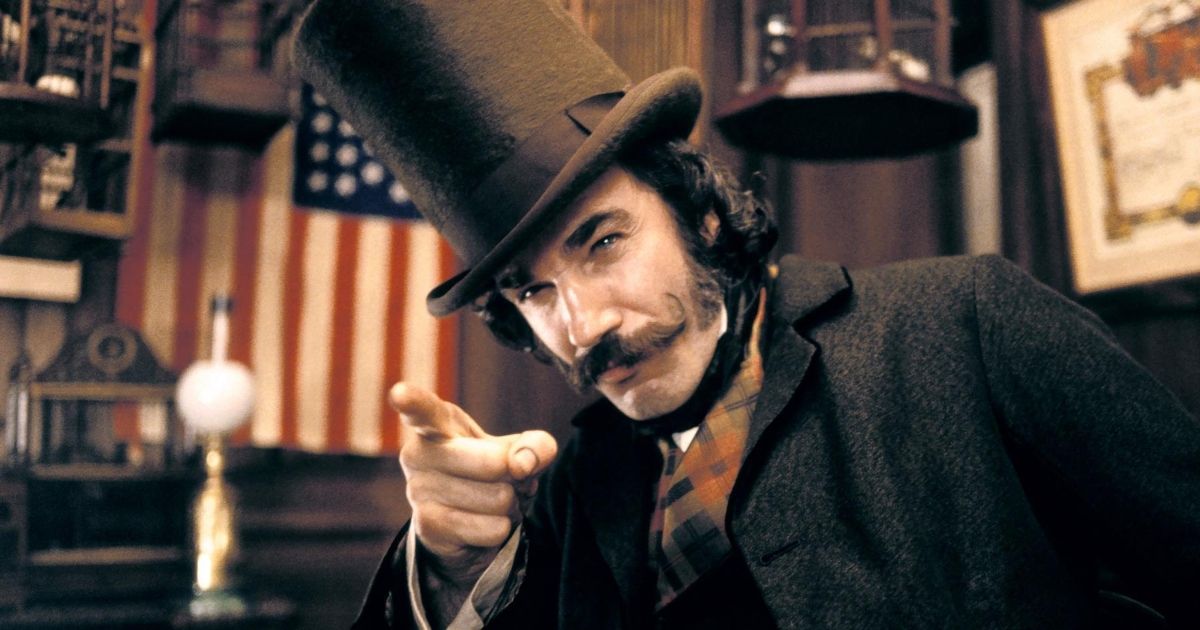
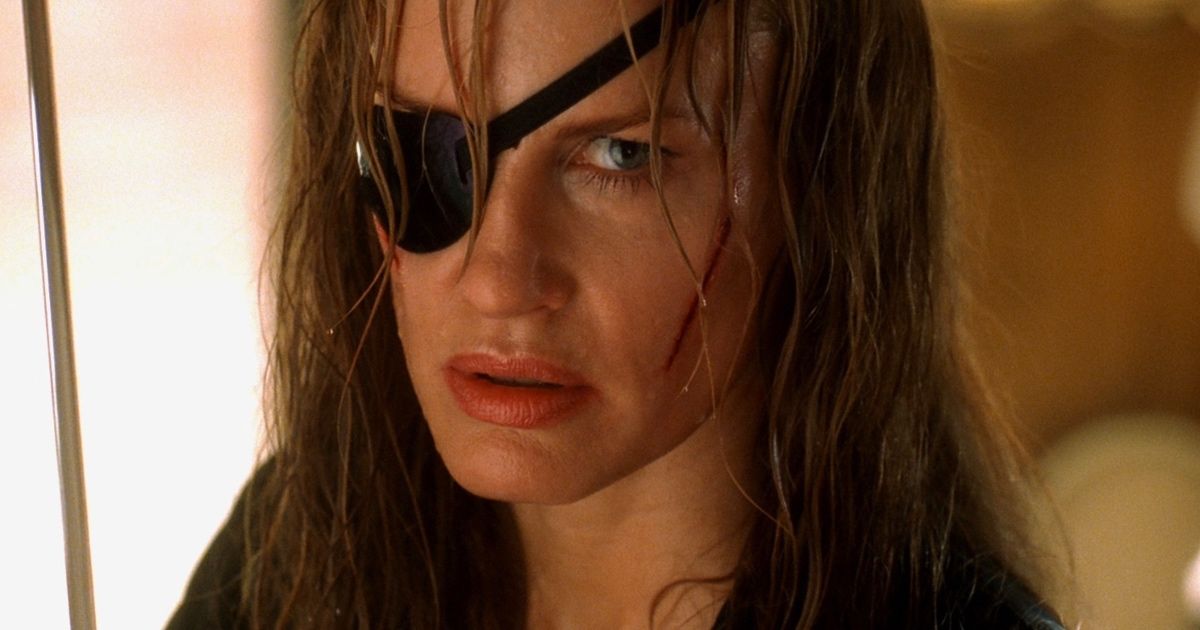
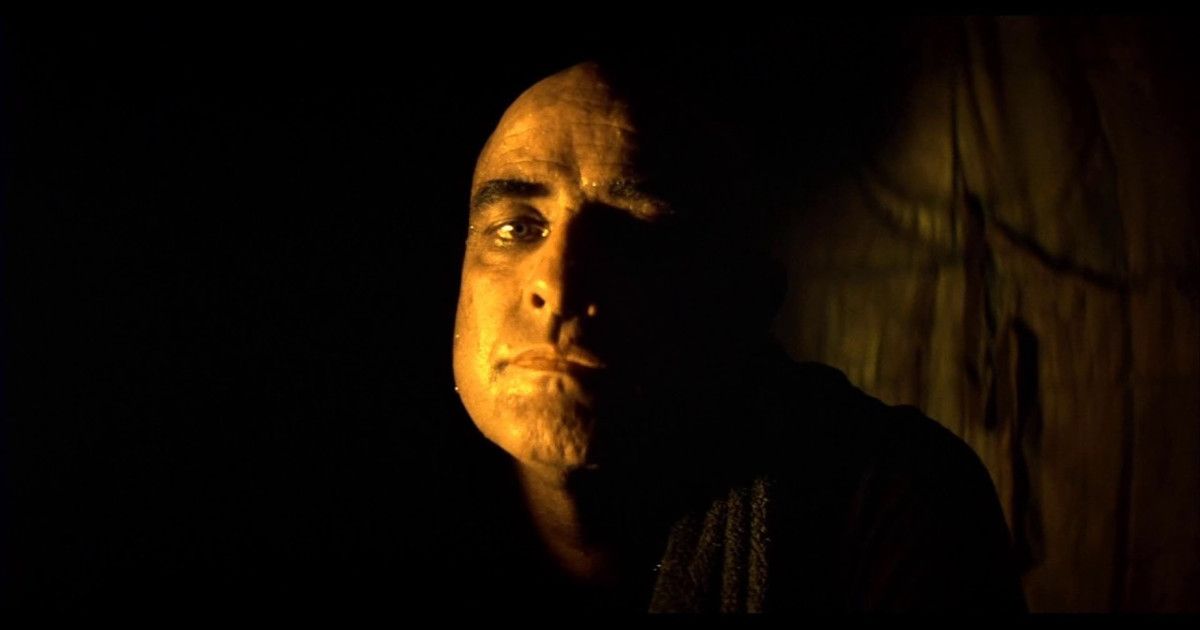
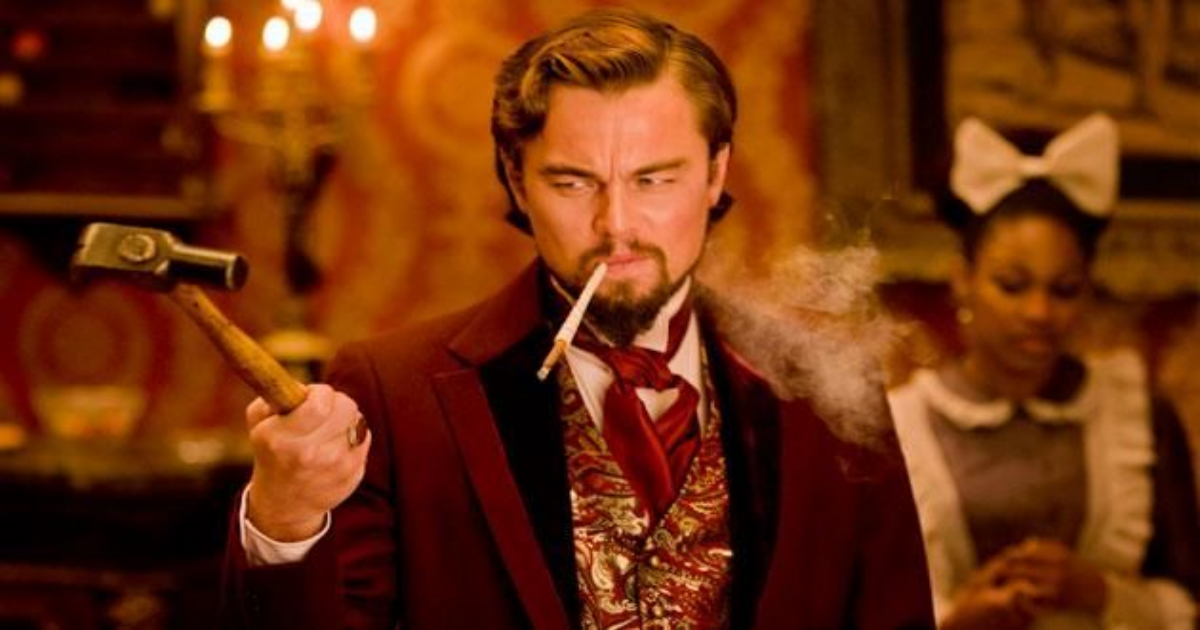
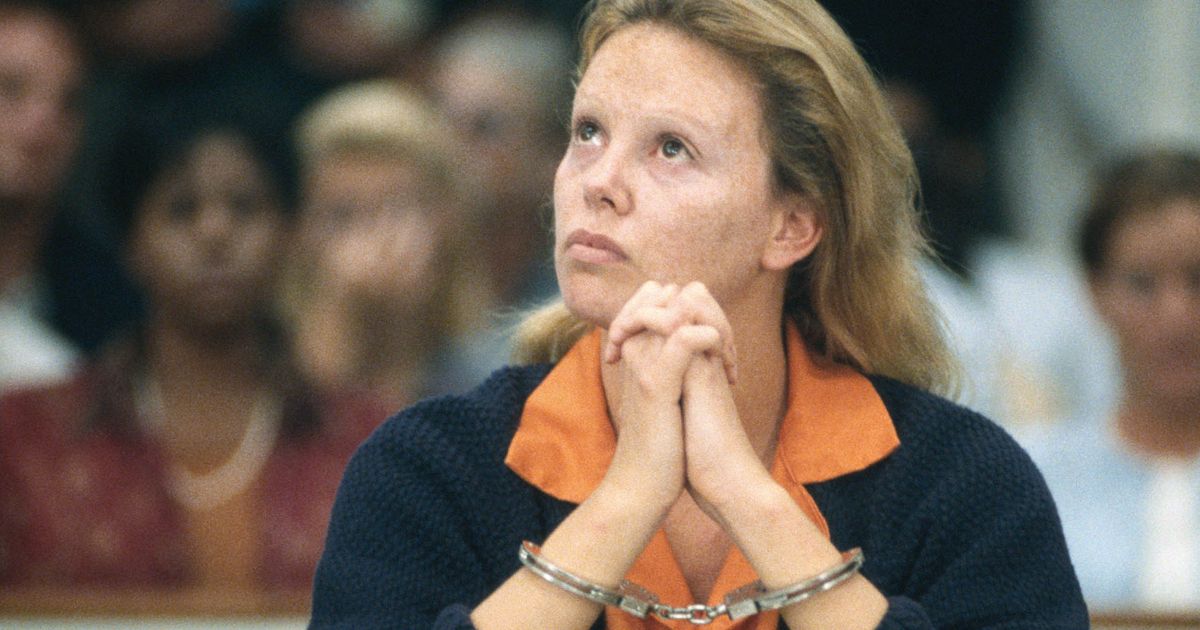
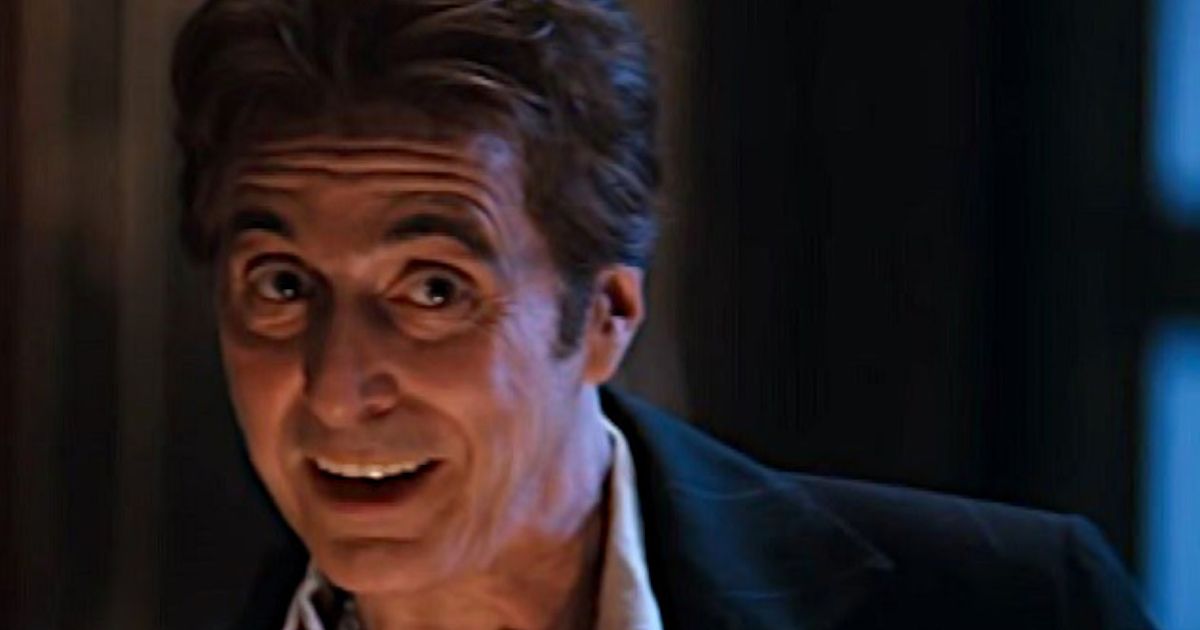
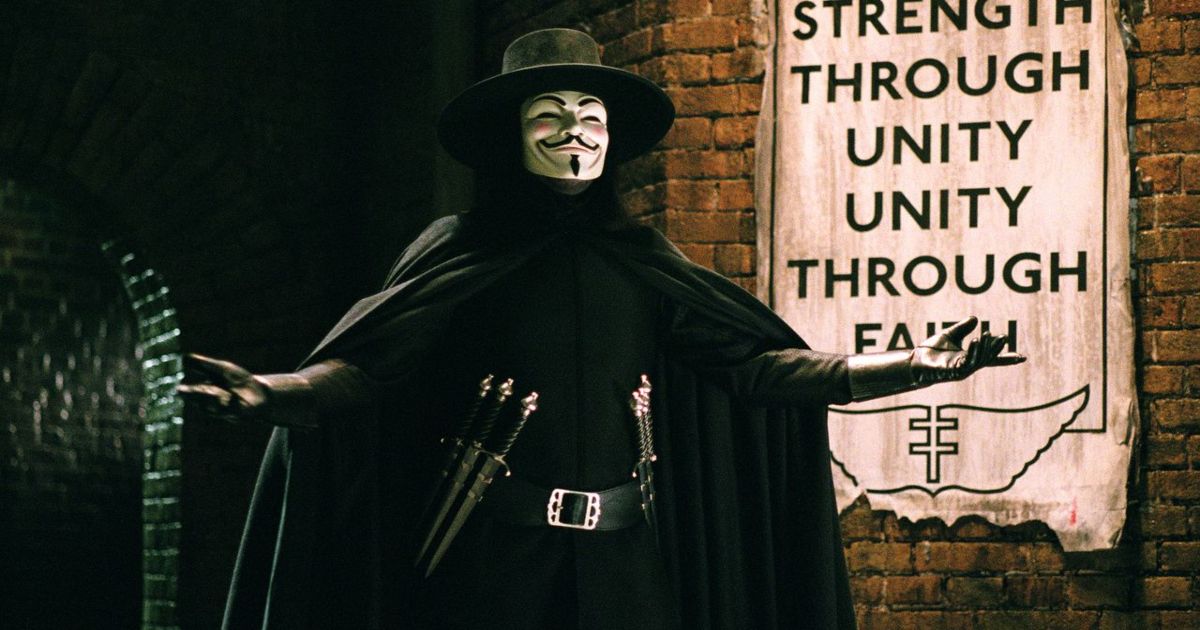
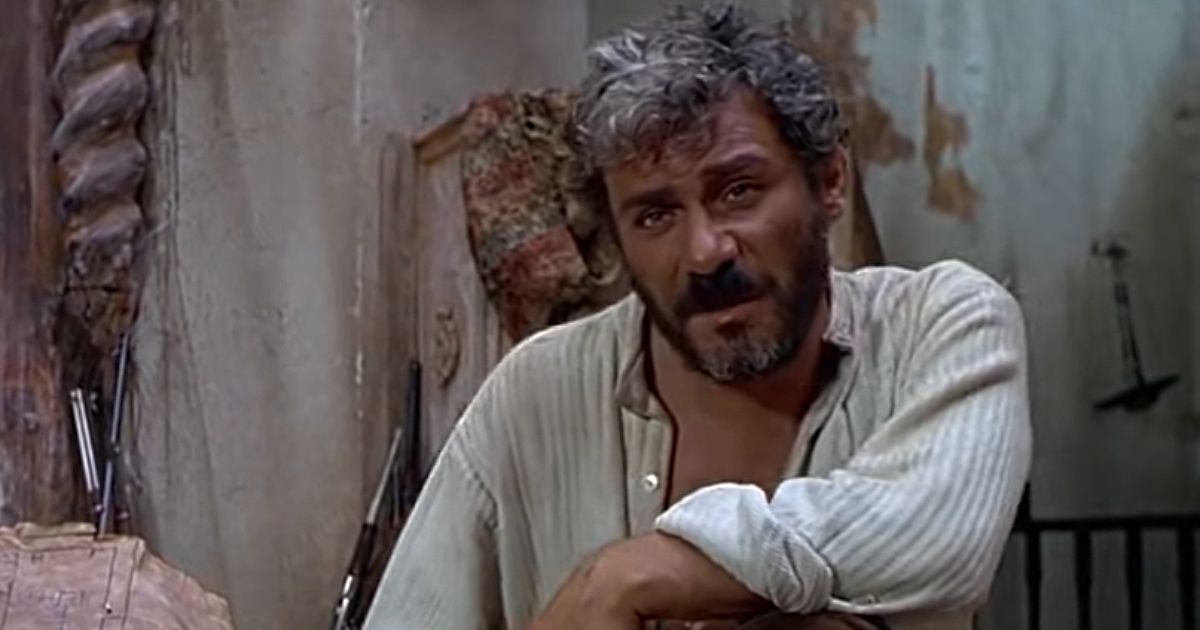
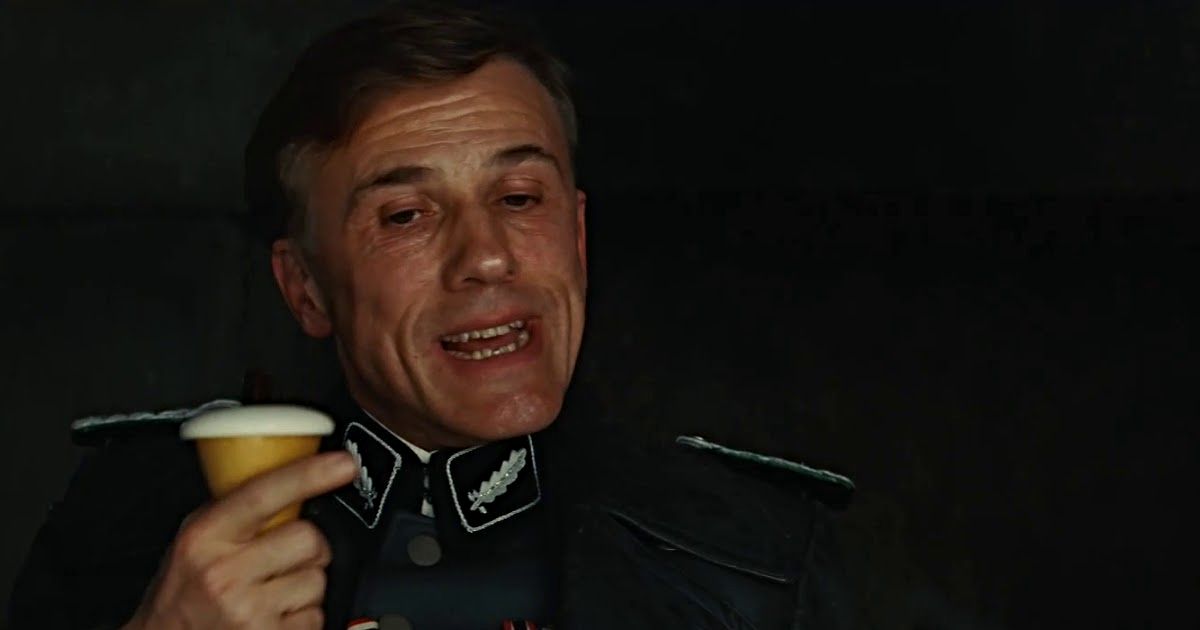
Comments
Post a Comment